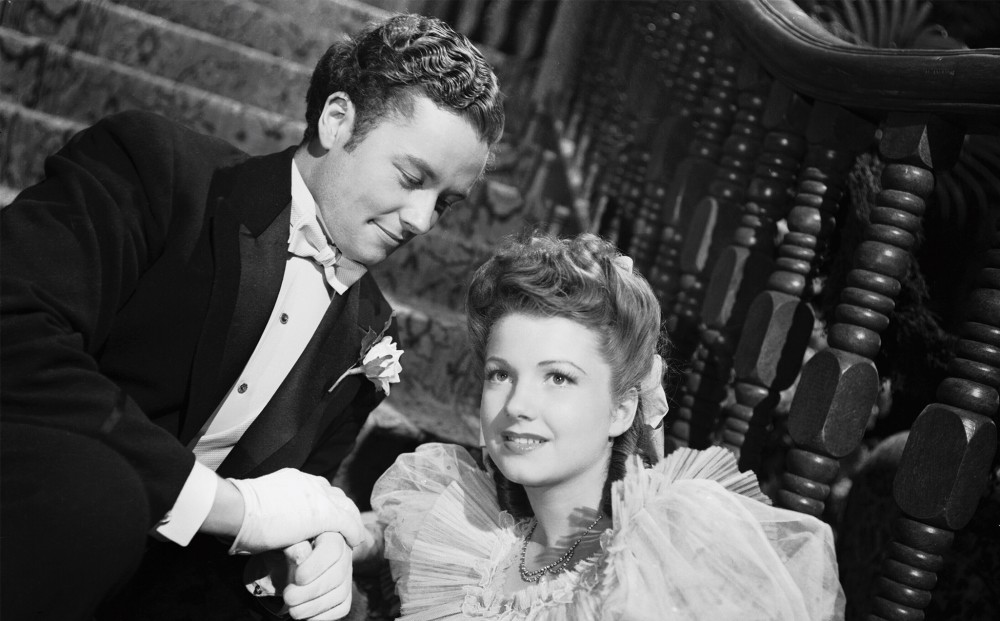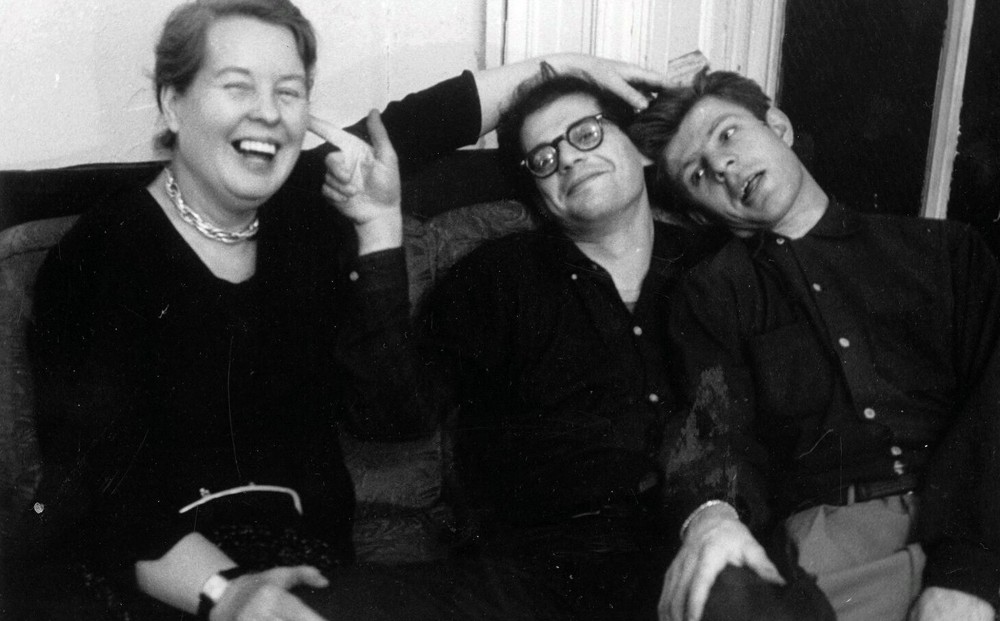THE MAGNIFICENT AMBERSONS & PULL MY DAISY
Friday, August 24
HOMAGE TO DAN TALBOT (1926-2017)
PULL MY DAISY
| 2:15+ 4:50* 7:45+ 10:20* +16mm, *Digital |
 |
(1959, Robert Frank, Alfred Leslie) “Those who know Frank’s stark, dispassionate pictures of blank-faced Americans will be surprised by the zany humor of this film. A group of Frank’s friends (Ginsberg and painter Larry Rivers) loon about in a New York loft improvising around a scene from a Kerouac play about the Beat Generation. Straight society is represented by the bishop, his disapproving mother and prim sister, who are entertained with drinking, cussing, poetry and jazz. Kerouac provides an insane voice-over commentary which distances the audience by emphasizing the artificiality and self-parody of the play-acting. The uneasy mix of informality and posturing makes the film a forerunner of Warhol’s ‘home movies.’” – Time Out. 16mm print courtesy Museum of Fine Arts, Houston. Approx. 30 min.
7:45 show introduced by Toby Talbot, co-founder with her husband, Dan, of the New Yorker Theater and Lincoln Plaza Cinemas.
THE MAGNIFICENT AMBERSONS
| 12:30 3:05 6:00 8:35 |  |
(1942, Orson Welles) Turn-of-the-20th century Mid-America: Joseph Cotten pursues lost love Dolores Costello, despite her imperious son Tim Holt – himself smitten with Cotten’s daughter Anne Baxter – and lovelorn spinster aunt Agnes Moorehead (Best Actress, NY Film Critics). Welles’ low-key, reflective follow-up to Citizen Kane, adapted from Booth Tarkington’s Pulitzer-winning novel, chronicles the decline of a family and the end of an era. Re-edited in Welles’ absence, it’s ending re-written and re-shot by others. But “even in this truncated form, it’s amazing and memorable” (Pauline Kael). 35mm. Approx. 88 min.
REVIEWS
“OUR GREATEST FILM, an angelic thing that floats serenely aloft while reflecting back to us the fullest expression of a lost time, a fading memory, the jingle-jangle of sleigh bells over the rise.”
– Jaime N. Christley, The Village Voice
“Astounding… With immaculate period reconstruction and virtuoso acting shot in long, elegant takes, it remains Welles’ most moving film.”
– Geoff Andrew, Time Out (London)


